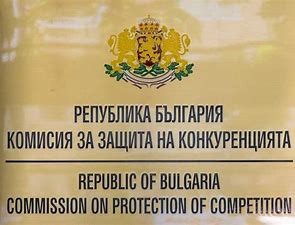Bulgaria's Parliament on 23 October passed conclusively revisions to the Protection of Competition Act modifying the powers of the Commission for Protection of Competition (CPC).
Part of the amendments, moved by MPs of the pro-government majority, implement recommendations made by the Competition Committee with the Organisation for Economic Co-operation and Development (OECD) during the negotiation process on Bulgaria's accession to the OECD.
The amended law enabled the CPC to conduct on-the-sport inspections within sector analyses proceedings, similar to the on-the-sport inspections conducted within sanction proceedings. Such inspections will require a prior permission from the Sofia Region Administrative Court, which will be subject to judicial review before the Supreme Administrative Court.
The CPC will also be able to recruit outside experts both during the on-the-spot inspections and for the purposes of particular proceedings. In the case of on-the-spot inspections, only computer specialists can be recruited, to be assigned technical tasks.
The legal revisions introduced a new procedure to be initiated at the request of a respondent in proceedings, which is ready to admit its participation in a cartel. A call-in option is introduced as well, empowering the CPC to require notifications if existing concentrations are suspected, where the aggregate turnover of the two undertakings exceeding BGN 25 million for up to six months after the transaction.
Under the amended version of the Act, when detecting prohibited commercial practices in the supplies of agricultural products, the CPC can impose a pecuniary penalty amount to 10% of the merchant's turnover for the previous financial year and may reduce the extent of the sanction as endorsed by rules adopted by the Commission. The previous version of the law capped the penalty for large retail chains at BGN 300,000.
The amending act will enter into force on the day it is gazetted except for the general ban of unfair commercial practices down the supply chain of agricultural and food products, whose effective date was set at three months later.
